Earlier this week, phosphine gas has been found by an international team led by Professor Jane Greaves of Cardiff University in Venus’s thick, toxic, acidic clouds, a molecule which is also produced on Earth by bacteria living in similar oxygen-free environments.
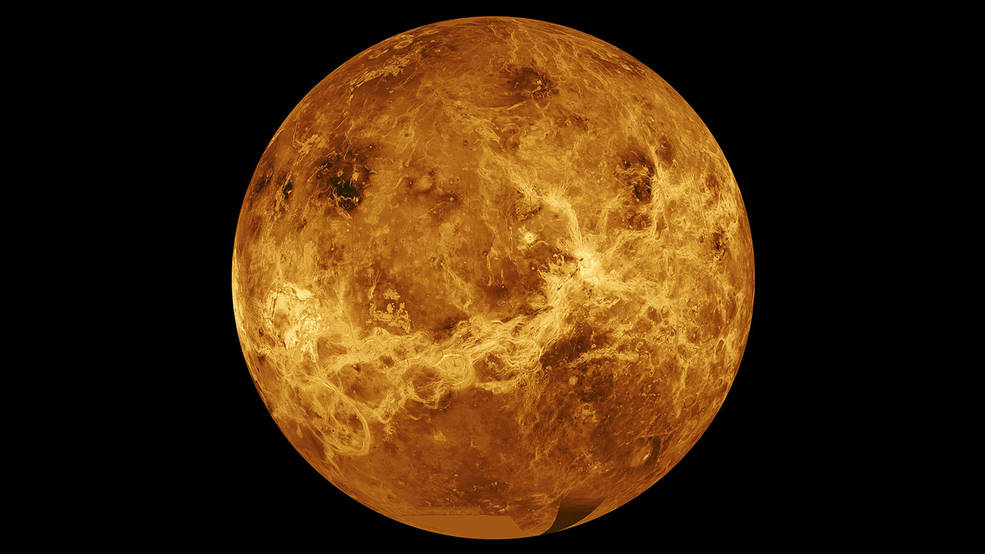
Until this revelation, the search for life beyond our own world primarily focused on Mars. However, with such compelling possibilities under the Venusian atmosphere, the space body is looking to shift its focus.
Venus’s natural chemistry is still deliberated, meaning the recent discovery could simply be explained by a ready prevalence of phosphorus. It was claimed by Dr. William Bains a Massachusetts Institue of Technology that there was no natural way to produce the level of gas detected in the atmosphere.
Jim Bridenstine, NASA Administrator, tweet that it’s ‘time to prioritize Venus’, adding that selecting prospective missions will be difficult, albeit ‘the process will be fair and unbiased’.
https://twitter.com/JimBridenstine/status/1305598182571810822
He wrote, “The discovery of phosphine, a byproduct of anaerobic biology, is the most significant development yet in building the case for life off Earth. About 10 years ago NASA discovered microbial life at 120,000ft in Earth’s upper atmosphere,”.
NASA said that it “was not involved in the research and cannot comment directly on the findings; however, we trust in the scientific peer-review process and look forward to the robust discussion that will follow its publication,”.
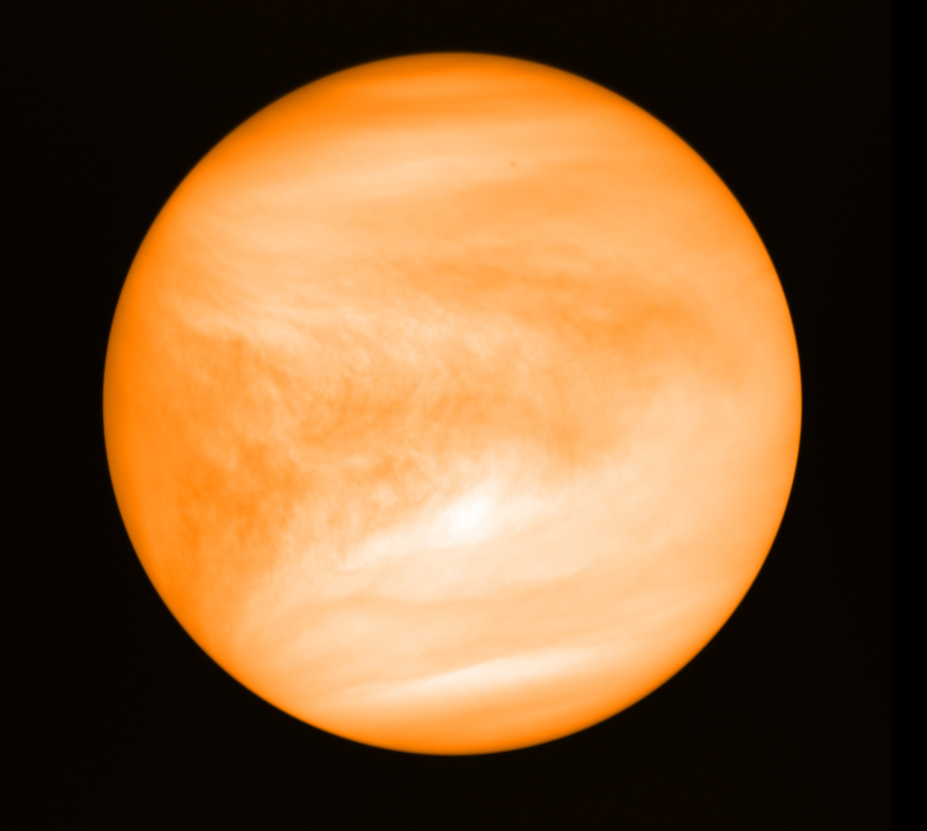
US space agency has shortlisted four planetary missions back in February, two of which involve sending probes to Venus. One such operation, named DAVINCI+, would see an unmanned craft enter the Venusian atmosphere.
VERITAS is what they called the second Venus mission. It was intended to survey the planet’s wider geological history as opposed to directly following up on the astronomers’ recent discovery. The other proposal feature IVO, a mission to the Jupiter’s Io moon, and Trident, which would see a probe flyby Neptune’s Triton moon.
Source: Unilad

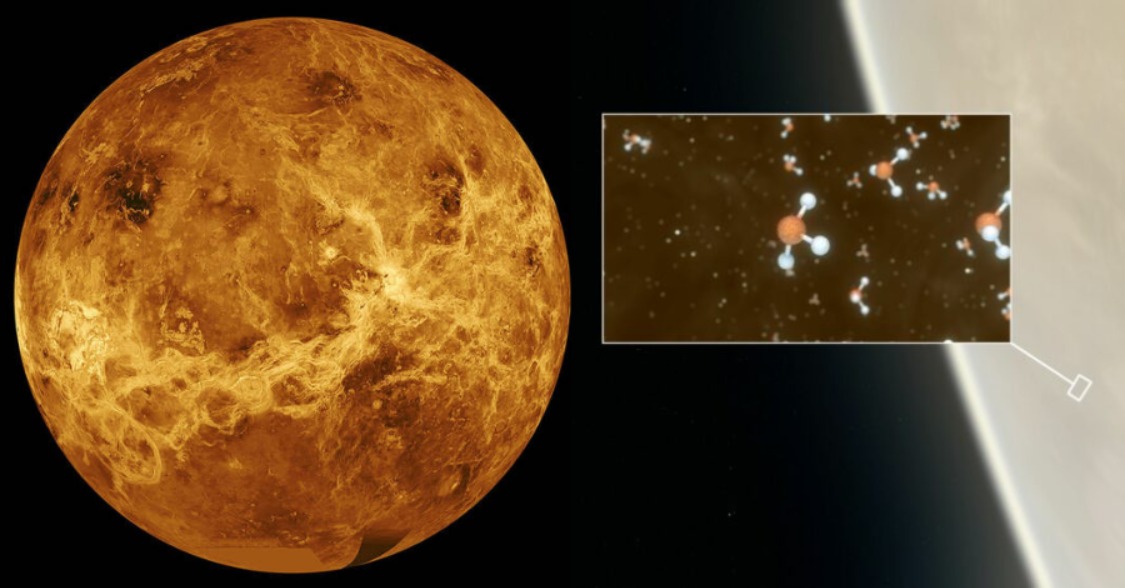


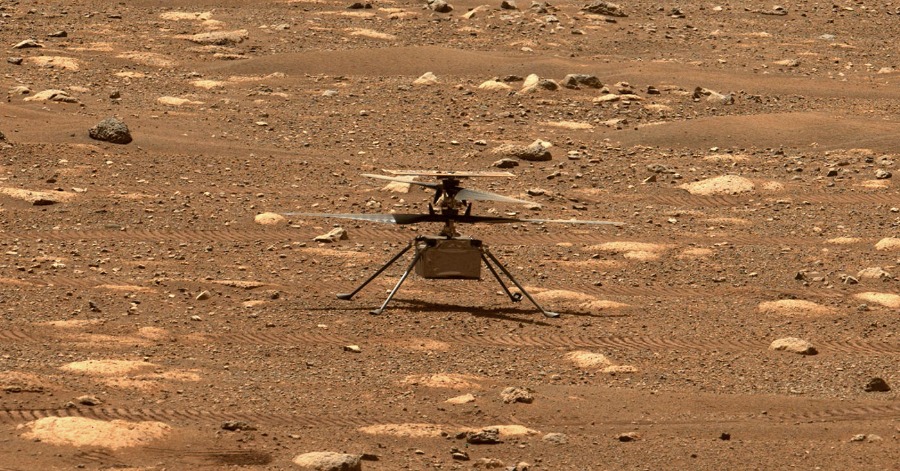
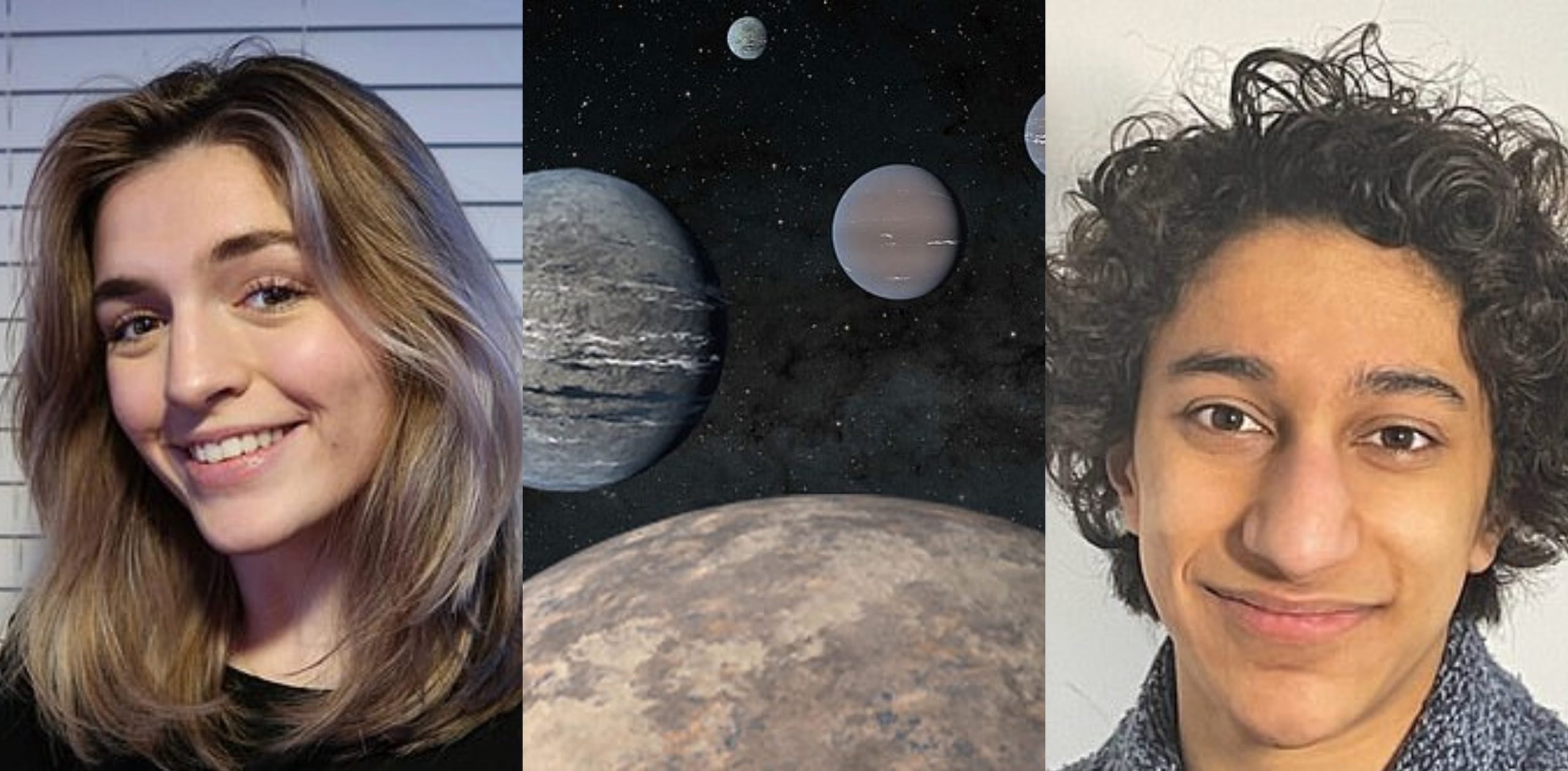
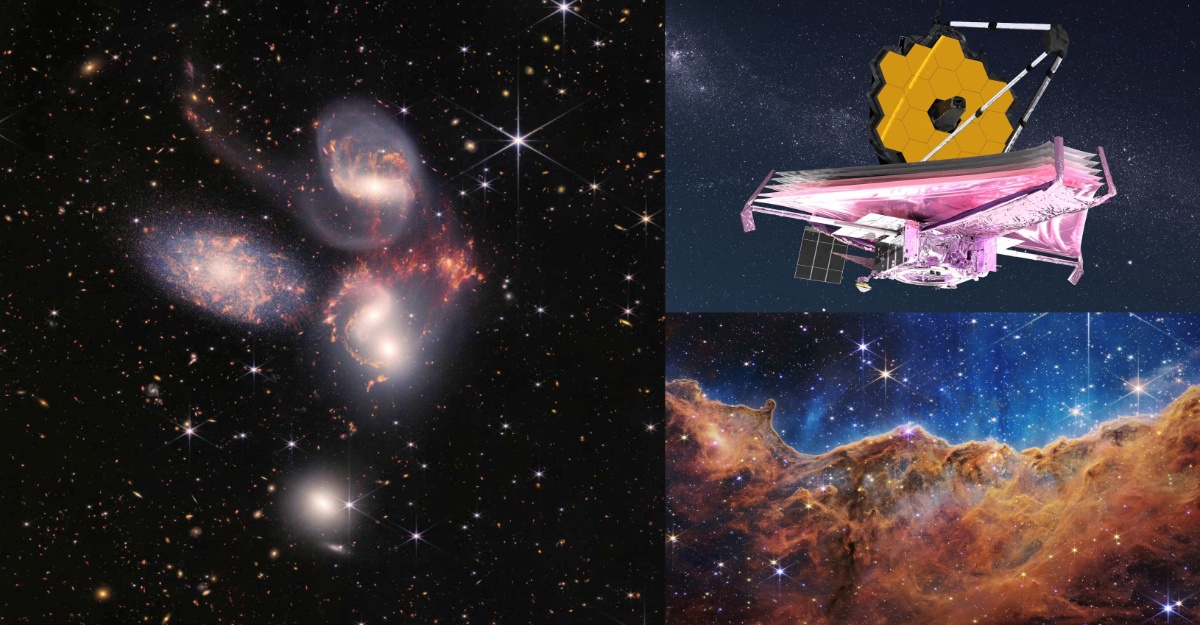
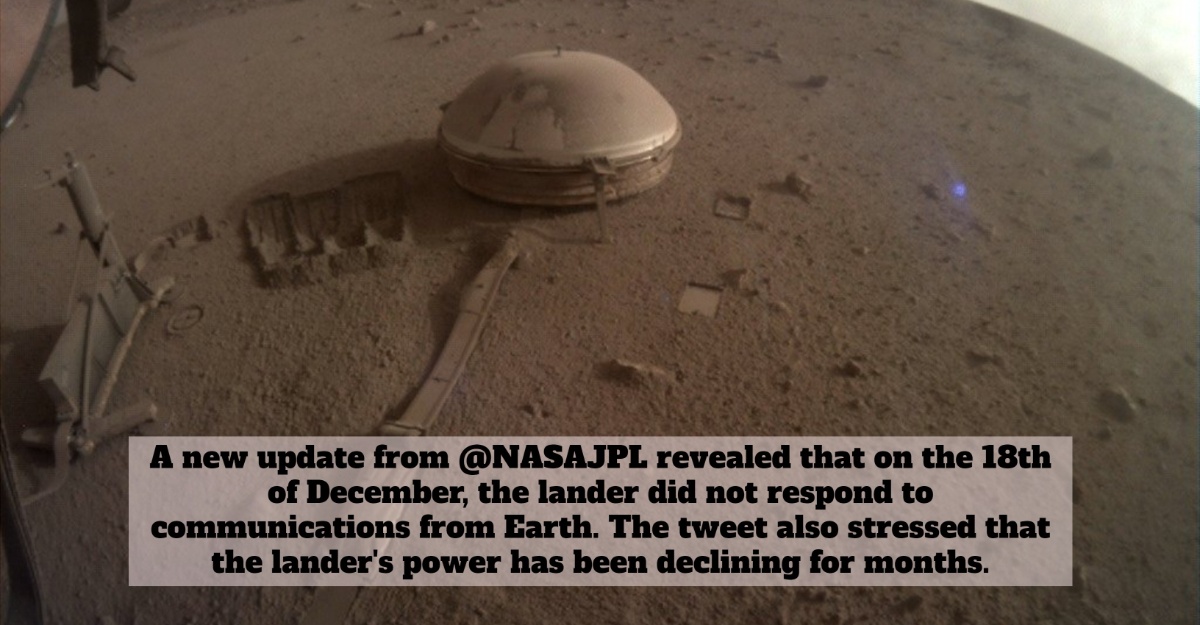
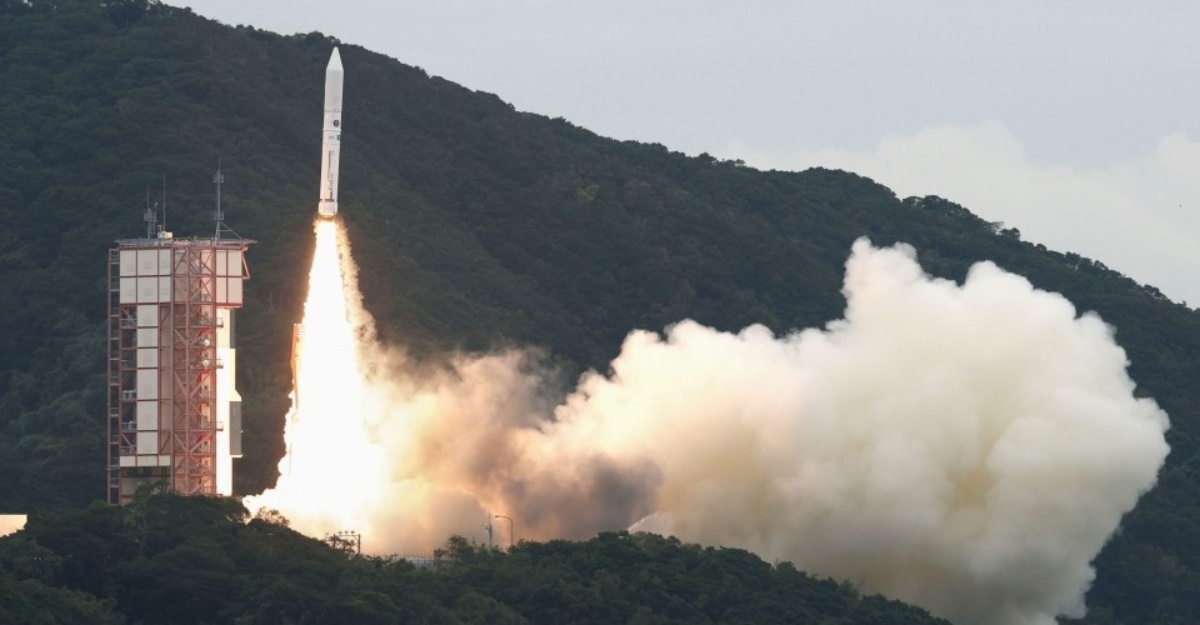
Leave a Comment